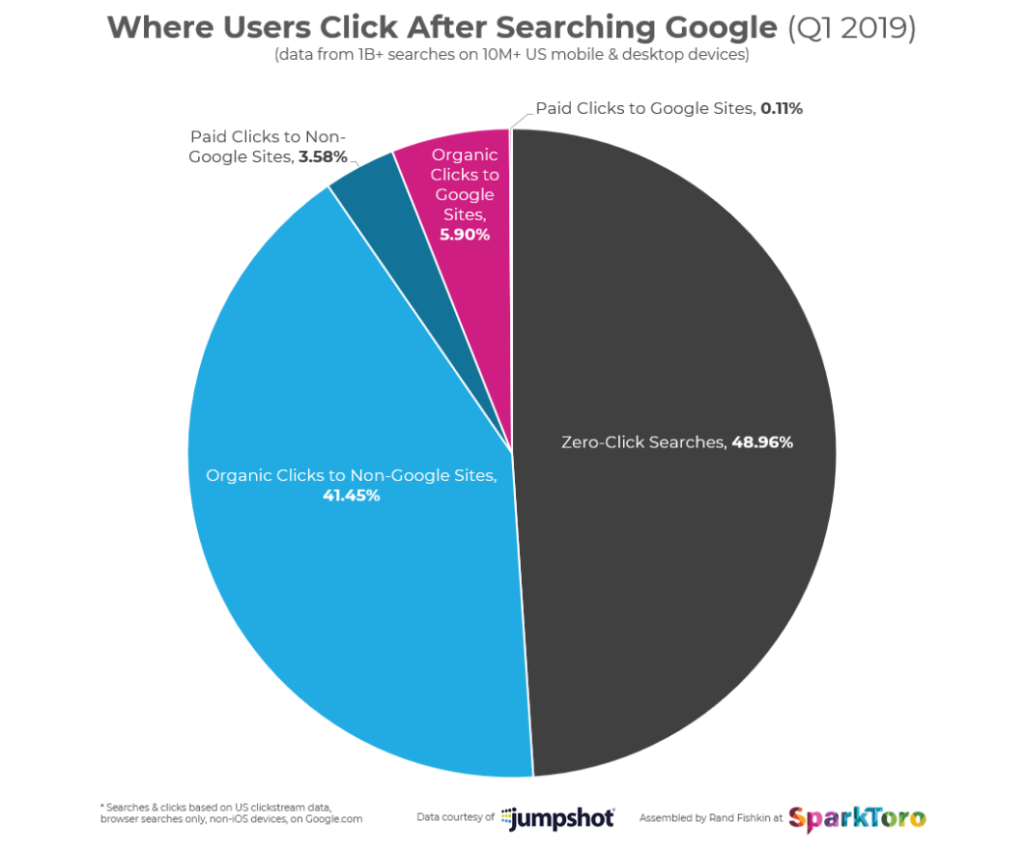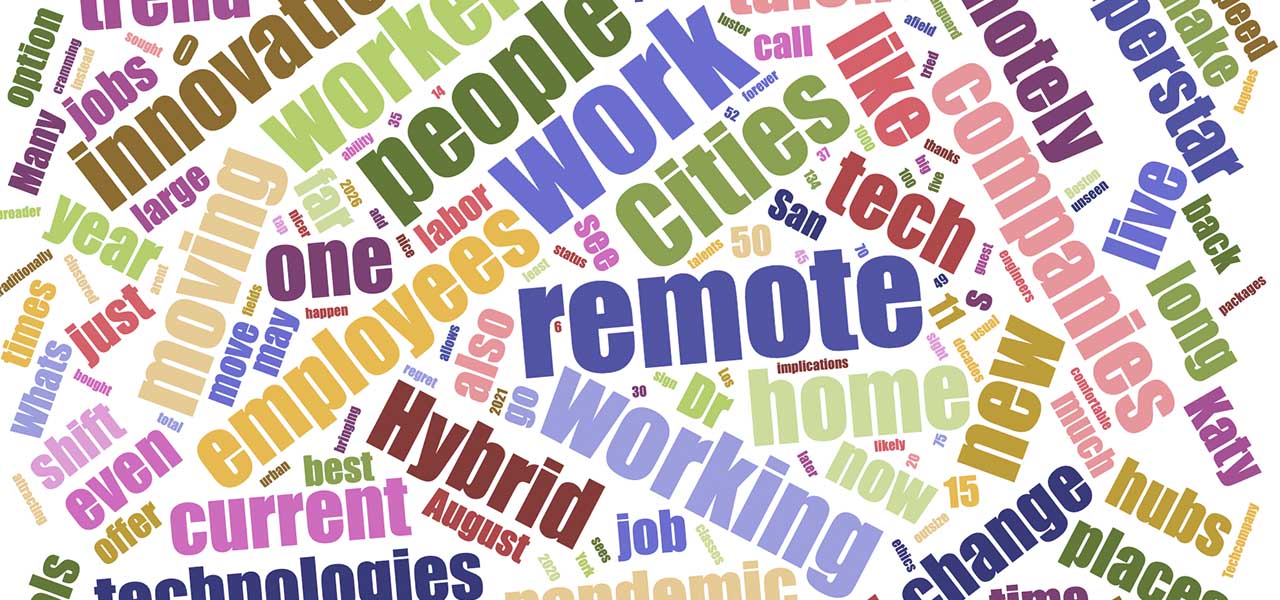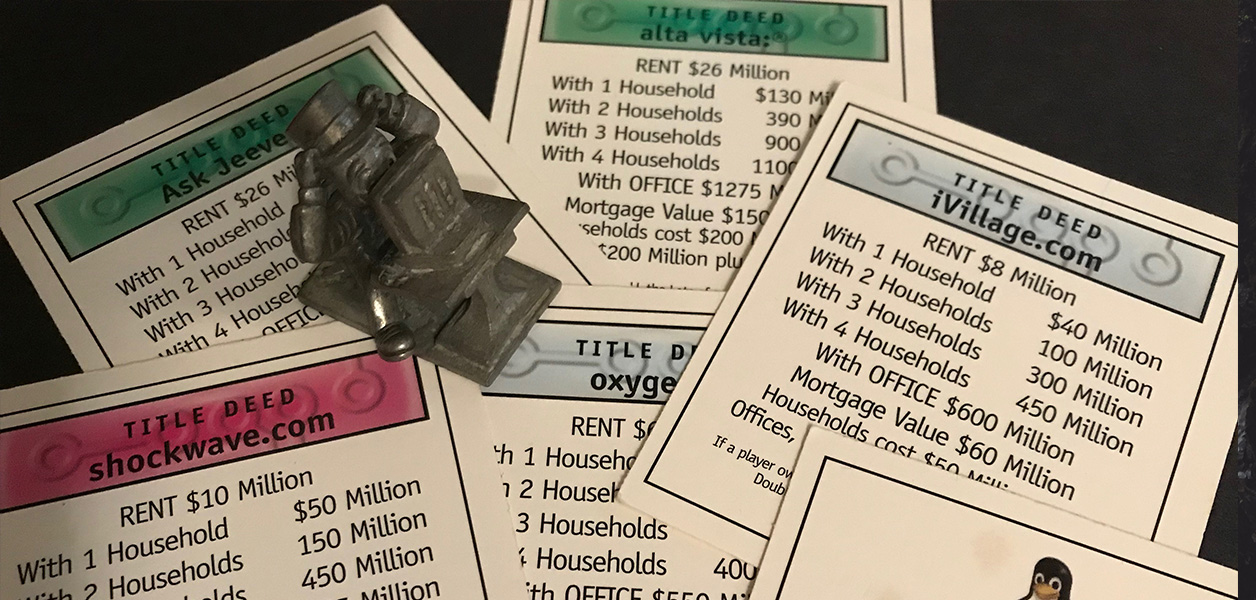Search dominates our world.
We ask Alexa to play music and Siri to tell us the weather. We book reservations on Open Table, find a hotel on TripAdvisor, and plan travel on Kayak. We read the headlines on Skimm and research what to buy (and not to buy) on Amazon. We search trends on YouTube and learn new skills from DIY videos.
Each of these activities require apps to search from a plethora of information and present the results in snippets we can quickly digest.
We marvel at synthesizers. We want our information fast, and expect our apps to do the heavy lifting. We are enthralled at programs that make our lives easier.
Do you ever wonder why an answer is at the top? Or do you just appreciate the ease of finding what you want when you want it?
Your perceptions are colored by who’s on top
How different would your understanding of recent events be if you subscribed to Flipboard instead of Skimm? The New York Times headlines versus AP News or Apple News?
Would you appreciate different artists if your ready-made playlists came from Spotify versus Amazon Prime?
Would you frequent different restaurants if your information came from Yelp Reservations instead of Reserve or I Know the Chef?
Forget the apps and how they decide top results for a minute. Let’s think of our own searches we do everyday.

According to a recent blog by Rand Fishkin, Google received 150+ billion searches in Q1 of 2019. Almost half of these searches ended without a click. We, the searchers, either found our answer on that first search results page or decided not to go any further. Imagine if the Google algorithm was just slightly different, and different answers appeared. Would our lives be different? Would a different set of businesses have higher revenue growth?
Who built that search engine and decides what we see on top?
Do we know? Should we care?
It’s scary to think that just slightly north of 40% of clicks from the search engine’s results pages go to non-Google sites. Keeping a few things for yourself? Not a bad business model.
And, think of the power of search rankings. Who’s on top can truly make or break a business. Changes to the Google algorithm can have far reaching affects as more and more people research a purchase before contacting a salesperson. According to business analyst Sirius Decisions, 67 percent of the buyer’s journey is now done digitally, meaning that web research is the dominant activity determining the short list of who businesses buy from and what they purchase.
Know any computer programmers? Might be time to look at them a little differently. Think of the power they wield in the algorithms they create. Data science, computer programming and even machine learning are now frontrunners in determining what we read, what we know and perhaps even how we interpret this knowledge.
I’ve heard Geeks will rule the world. Perhaps they already do.

Keep Reading
We need our digital properties, our campaigns, our proposals and our presentations to tell stories and include the human element.
Why are business websites getting more and more complicated to create and maintain?
Explore guidelines for simple, conversational and effective business chatting.
In the hybrid workplace, we need to remember those casual & professional touch points.
Google plays a zero click game. The Result? The search results page may be stealing your web traffic.
What skills do you need to acquire for the job title that you want to have tomorrow?
Your website is your Director of First Impressions. Remember to treat it that way.
I’ve heard Geeks will one day rule the world. Perhaps they already do.








